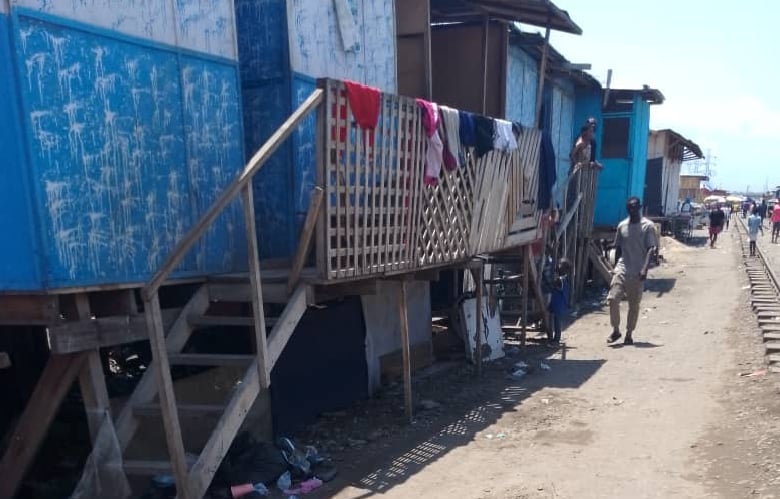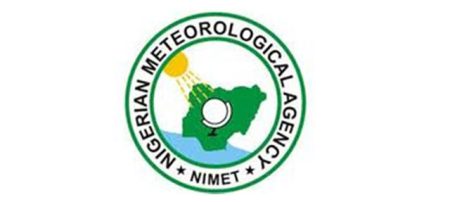The Ghana Lebanon Islamic Secondary School (GLISS) in Accra is facing a serious security challenge due to a sprawling slum adjacent to its premises. This proximity has created an environment of fear and anxiety, impacting both students and teachers, and threatening the school’s overall learning environment. The slum’s inhabitants engage in various illicit activities, exposing students to negative influences such as drug use, theft, and other criminal behaviors. This exposure poses a significant risk to the students’ moral development and well-being, jeopardizing their future and potentially leading them down a path of delinquency. Parents are increasingly worried about their children’s safety and are considering transferring them to other schools if the situation remains unresolved. The escalating tension has created a sense of urgency, with the school community pleading for immediate intervention from relevant authorities.
The teachers at GLISS are equally affected by the precarious security situation. The constant fear for their safety and well-being has created a tense atmosphere, impacting their ability to effectively deliver lessons and focus on their core mandate of educating the students. This compromised learning environment directly affects the quality of education provided at the school, hindering the students’ academic progress. Furthermore, the teachers’ apprehension contributes to a general sense of unease within the school community, exacerbating the already challenging situation. The combination of student and teacher anxieties creates a detrimental cycle, hindering the overall educational objectives of the institution.
The PTA and school authorities have repeatedly expressed their concerns to the relevant authorities, including the Accra Metropolitan Assembly (AMA) and the Regional Security Council. Despite these efforts, their pleas have gone largely unanswered. Previous attempts to address the issue have been met with resistance from the slum dwellers, who have reportedly issued threats against those seeking to resolve the situation. This lack of effective action has only deepened the school community’s frustration and anxiety, forcing them to escalate their calls for intervention to higher authorities, including the National Security, the Ministry of Education, and the Ghana Education Service. The school’s administration believes these bodies have a fundamental responsibility to ensure a safe and conducive learning environment for all students.
The growth of the slum adjacent to GLISS presents a complex challenge with far-reaching implications. The presence of the slum not only exposes students to criminal activities but also creates an environment of fear and insecurity, disrupting the educational process and impacting the overall well-being of the school community. The teachers, burdened by safety concerns, are unable to perform their duties effectively, further compromising the quality of education. This situation threatens to undermine the school’s reputation and erode the trust parents have in the institution’s ability to provide a safe and nurturing learning environment for their children.
The school authorities are now desperately appealing for immediate intervention from national stakeholders. They argue that the National Security, the Ministry of Education, and the Ghana Education Service have a responsibility to ensure the safety and well-being of students and teachers. They believe that the situation at GLISS demands urgent action to protect the future of the students and maintain the integrity of the educational institution. The continuous exposure to illicit activities within the slum poses a significant threat to the moral development of the students and undermines the efforts of the school to provide a quality education.
The situation at GLISS requires a multi-faceted approach involving various stakeholders. The government, through the relevant ministries and agencies, must take decisive action to address the root causes of the slum’s existence and provide alternative solutions for its inhabitants. This could involve providing affordable housing options, creating employment opportunities, and offering social support services. Simultaneously, security measures must be enhanced around the school to ensure the immediate safety of students and teachers. This could include increased police patrols, the installation of security cameras, and the construction of a barrier between the school and the slum. A collaborative effort between the government, the school, and the community is essential to resolve this complex issue and safeguard the future of the students at GLISS.














